A new song named “LETTER 4 BETTER” by tha BOSS feautring ZORN. Take a listen! There is a music video for it too.
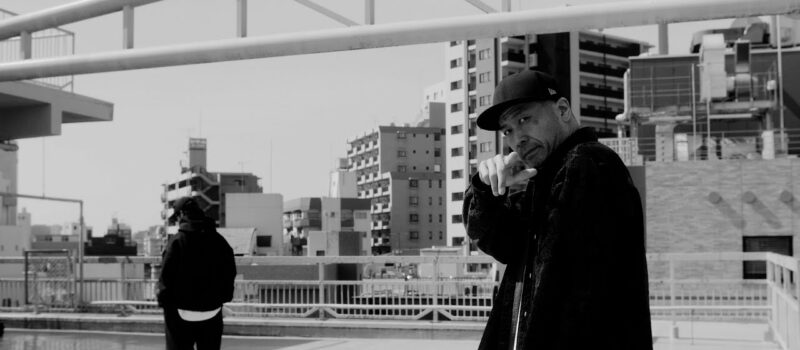


Hello, Japanese music fans! Today, we’re here to talk about the highly anticipated new song in the Japanese rap scene, “色メガネ (feat. NORIKIYO),” which has recently ranked 7th on iTunes in the hip hop genre. This track is a testament to the talent and hard work of the artists involved, capturing the hearts of many listeners.
“色メガネ (feat. NORIKIYO)” is a collaboration between two rising stars in the Japanese hip-hop scene. The song features vibrant melodies, clever lyrics, and powerful rhythms. Additionally, NORIKIYO’s energetic rap style brings a unique energy to the track. “色メガネ” means colored glasses.
The 7th place ranking on iTunes is a clear indication of the song’s popularity and impact. It showcases how “色メガネ” has resonated with a large number of listeners, captivating them with its distinct sound. Furthermore, it marks an important milestone in the growing popularity of rap in the Japanese music scene.
The song delves into the emotions and societal issues faced by today’s youth, conveying meaningful messages. Its lyrics explore various themes encountered in everyday life, such as adversity, challenges, and the pursuit of dreams. The artists’ personal experiences and emotions are reflected in the song, evoking deep empathy among its listeners.
The success of “色メガネ” symbolizes the growth and evolution of Japanese rap. Young artists are fusing traditional musical styles with new elements, creating their own unique sounds. Their music has garnered attention both domestically and internationally, attracting new fans, particularly among the younger generation.
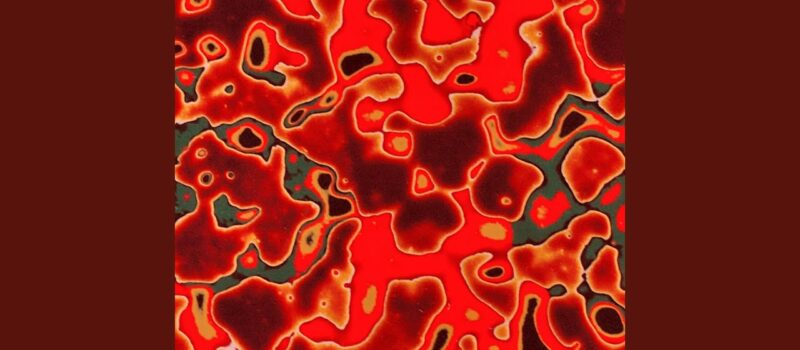
Currently toppning the charts is the new song from KREVA “Rassera”. Take a listen!
In recent decades, Japanese rap music has emerged as a powerful voice that not only reverberates through the nation’s urban landscapes but also reflects the evolving facets of Japanese culture. This unique genre, which combines elements of hip-hop with distinct Japanese sensibilities, has captivated both domestic and international audiences, leaving an indelible mark on the country’s artistic and social landscape. In this article, we will explore the fascinating intersection between Japanese rap music and the country’s rich cultural heritage, highlighting how this musical expression has become a vital medium for social commentary, self-empowerment, and cultural identity.
Japanese rap music embodies a remarkable fusion of global influences and traditional Japanese cultural elements. As a genre born out of the African-American hip-hop movement, Japanese rap initially adopted the musical and stylistic conventions of its American counterpart. However, as the Japanese hip-hop scene evolved, artists began infusing their own unique flavor, incorporating traditional instruments, linguistic nuances, and storytelling techniques rooted in Japanese cultural heritage.
Japanese rap music has emerged as a powerful tool for social commentary, providing a platform for artists to voice their concerns and critique societal issues. Through their lyrics, Japanese rappers delve into topics such as the generation gap, urban life, inequality, and the pressures of conformity. By tackling these subjects, they shed light on the challenges faced by contemporary Japanese society and provoke meaningful discussions.
In a society known for its emphasis on conformity and group harmony, Japanese rap music has become an avenue for individual expression and self-empowerment. Artists use rap as a medium to explore their personal stories, struggles, and dreams, giving voice to their unique experiences and perspectives. By doing so, they encourage listeners to embrace their individuality and challenge societal norms, ultimately fostering a more inclusive and diverse cultural landscape.
Japanese rap music, while embracing global influences, also pays homage to traditional Japanese culture. Artists skillfully blend traditional instruments like shamisen and koto with modern beats, creating a distinctive sound that bridges the gap between old and new. Additionally, they incorporate elements of Japanese poetry forms like haiku and tanka into their lyrics, infusing traditional literary art into contemporary rap music.
Japanese rap music’s growing popularity has extended beyond the borders of Japan, leading to increased cultural exchange and collaboration between Japanese artists and their international counterparts. Through collaborations, both within the rap community and across different genres, Japanese rap has become a conduit for cross-cultural dialogue, fostering mutual understanding and appreciation.
Conclusion:
Japanese rap music serves as a vibrant and dynamic reflection of contemporary Japanese culture. By melding global influences with traditional elements, this genre has become a powerful medium for social commentary, individual expression, and cultural preservation. Japanese rap artists, through their lyrics and music, provide a platform for meaningful discussions, challenge societal norms, and drive cultural exchange. As we move forward, it is exciting to witness how Japanese rap music will continue to evolve and contribute to the ever-changing tapestry of Japanese culture.
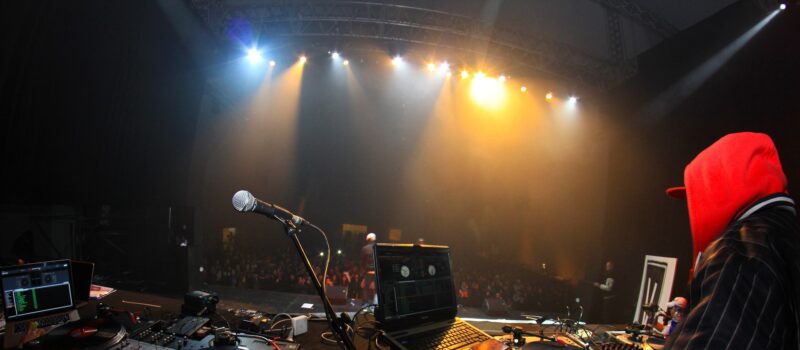
Rap music has undoubtedly transcended borders and gained immense popularity across the globe. From its roots in the Bronx, New York, in the 1970s, it has evolved into a global phenomenon, influencing music, fashion, and culture worldwide. While it has enjoyed tremendous success in Western countries, one might wonder: Is rap popular in Japan?
Japan has a rich musical history and a vibrant music industry that has embraced various genres over the years. While J-pop (Japanese pop) remains the dominant force in the country’s music scene, other genres, including rock, electronic music, and hip-hop, have also found their place. Hip-hop, in particular, has gained considerable traction in Japan, with rap music becoming an integral part of the Japanese music landscape.
The origins of rap music in Japan can be traced back to the late 1980s and early 1990s when it was introduced to the country through the influence of American rap artists. At that time, Japanese rappers primarily imitated the style and flow of their American counterparts, adapting the genre to their own cultural context. However, over the years, Japanese rap has developed its own unique identity, blending elements of traditional Japanese music, anime culture, and contemporary hip-hop.
One of the pioneers of Japanese rap was Hiroshi Fujiwara, who introduced rap music to Japan in the late 1980s. He brought the essence of American hip-hop to the country, laying the foundation for the genre’s growth. As the years went by, more Japanese artists emerged, including Scha Dara Parr, King Giddra, and M-Flo, who contributed to the evolution of Japanese rap and helped establish its credibility.
The popularity of rap in Japan experienced a significant boost in the early 2000s with the emergence of a new generation of artists. Artists like Rip Slyme, Teriyaki Boyz, and Ketsumeishi achieved mainstream success, gaining recognition not only within Japan but also internationally. Their catchy beats, clever wordplay, and incorporation of elements from Japanese culture appealed to a wide audience.
Today, Japanese rap continues to flourish with a diverse and thriving scene. Many talented artists have emerged, each bringing their own style and unique perspective to the genre. Artists such as KOHH, AK-69, and Ken the 390 have made significant contributions, pushing the boundaries of Japanese rap and gaining recognition both within and outside of Japan.
One of the reasons for the popularity of rap in Japan is its ability to address social issues and provide a platform for self-expression. Japanese rap often tackles topics such as identity, social inequality, and the struggles of everyday life. It has become a voice for the younger generation, reflecting their experiences and aspirations.
Furthermore, the influence of rap culture extends beyond music in Japan. Fashion trends influenced by hip-hop, such as streetwear and sneaker culture, have also gained significant popularity. Japanese youth have embraced the style and attitude associated with rap, creating a unique fusion of fashion and music that is distinctly Japanese.
While rap might not dominate the mainstream music charts in Japan as much as J-pop does, its impact and popularity cannot be overlooked. Japanese rap has carved its own niche within the broader music industry, attracting a dedicated fan base and inspiring a new generation of artists.
In conclusion, rap music has indeed found a place in the hearts of many in Japan. It has become a dynamic and influential genre, fusing elements of both Western and Japanese culture. With its ability to address social issues and provide a platform for self-expression, Japanese rap continues to evolve and resonate with a diverse audience. So, the next time someone wonders if rap is popular in Japan, the resounding answer would be a definite “yes.”
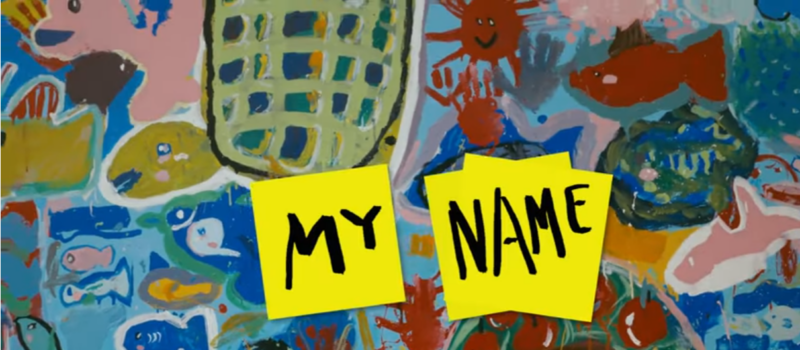

Completley fresh new track and music video with the name of SOMEDAY by tha BOSS featuring SHINGO. The track is released under THA BLUE HERB RECORDINGS.

Some might already noticed that the Japanese rap and hip hop artist Zorn have recently released a new track called “いたいのとんでけ” (itai no tondeke), translated to, “pain, go away!”, and it has been topping the charts for many days! It already have 1 million views in 11 days. If you haven’t heard it yet, please do!
“Itai no tondeike” is something parents and such tells children when they got hurt to make the pain go away.
The lyrics of itai no tondeike is just about that – pain, and it is although dark, beautiful; it provides those we can relate to this song comfort. We might translate the lyrics if there is interest.
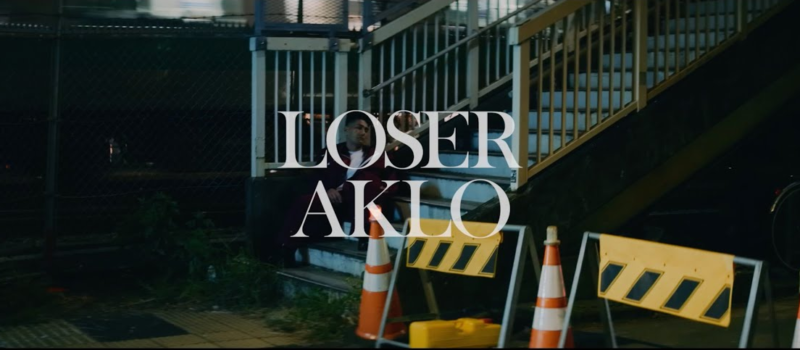
The Japanese rap artist AKLO have released a new song called Loser along with a new MV. It is indeed something worth checking out! Video can be found below from YouTube.
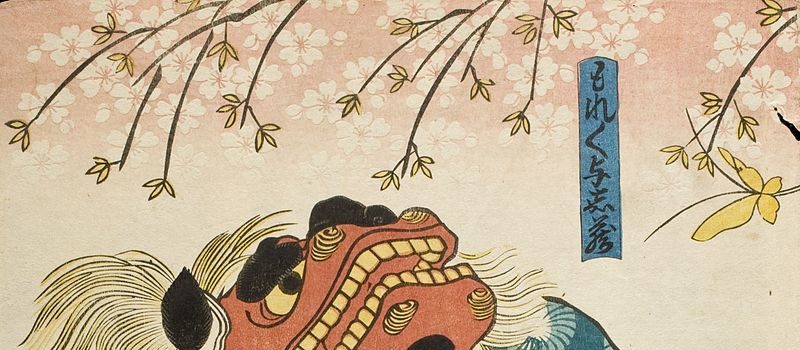
SHISHIMAI was released on January 22 2021 by Leon Fanourakis, an album you shouldn’t miss! Leon Fanourakis is certainly keeping up with his atmospheric underground rap style. We want to highlight this album since we’ve believe this is an undervalued album which you might like if you haven’t already.
Meaning of SHISHIMAI is that lion dancer figure you can see on the picture above.
Follow Leon Fanourakis on Twitter.
View on japaneserap.com